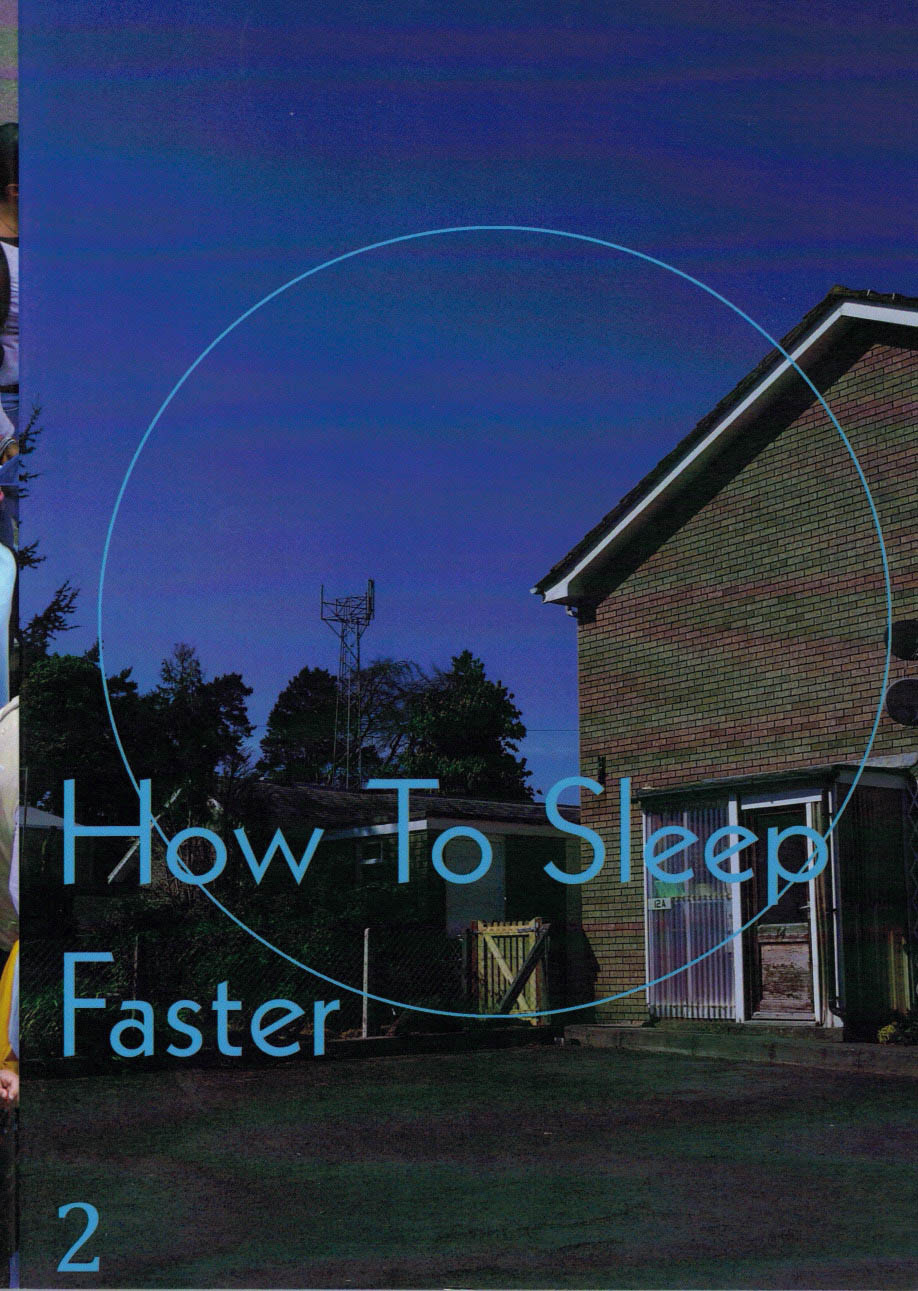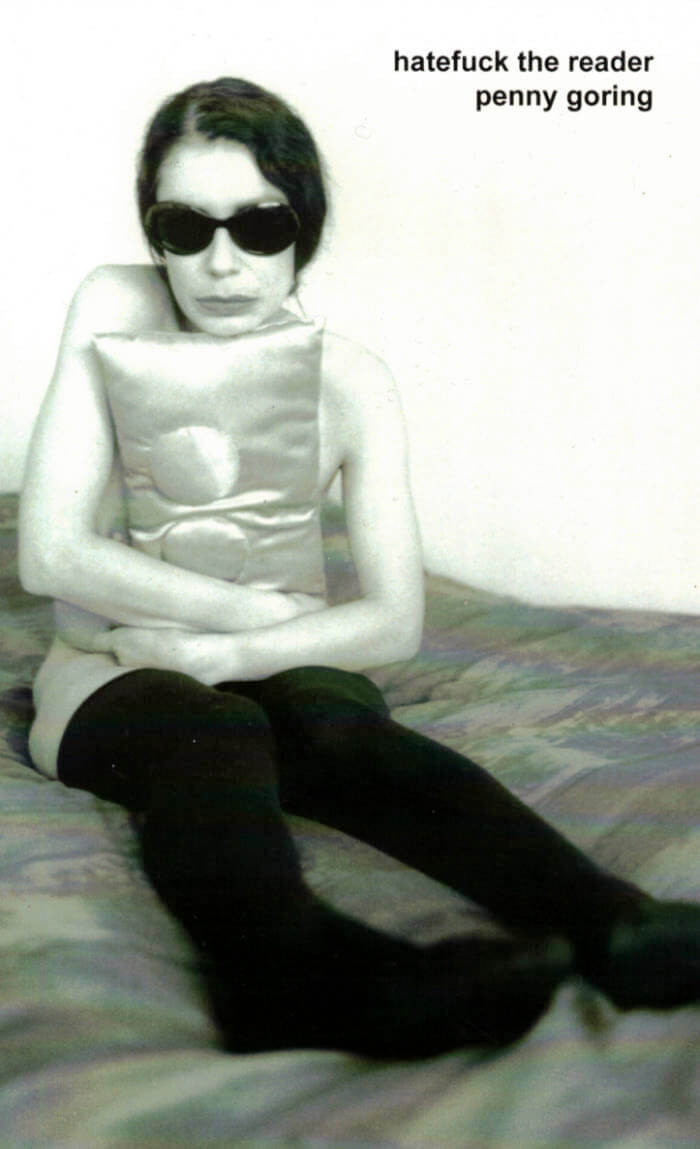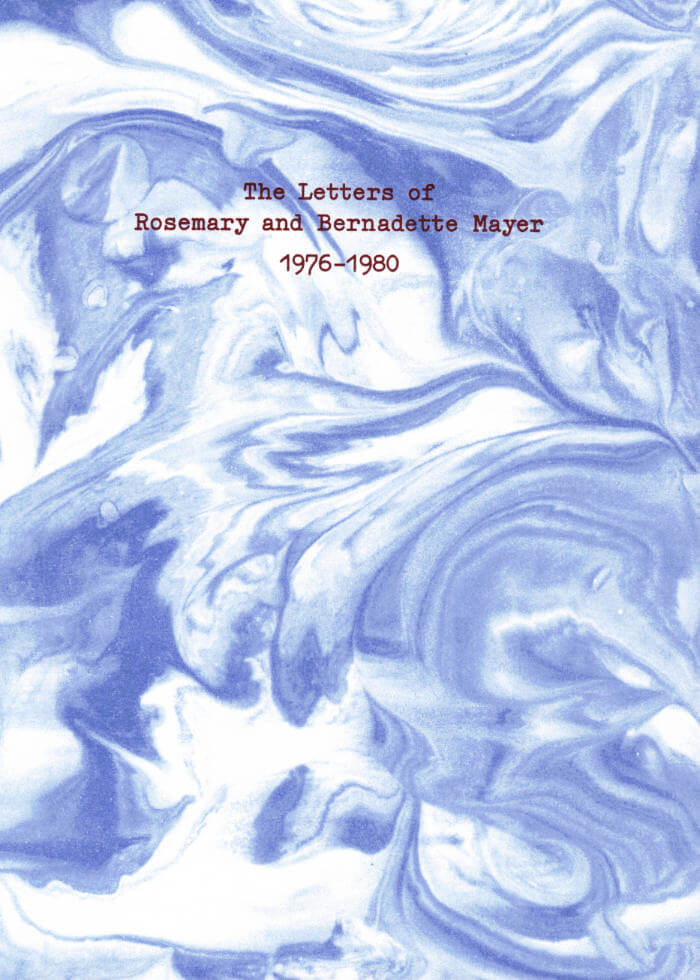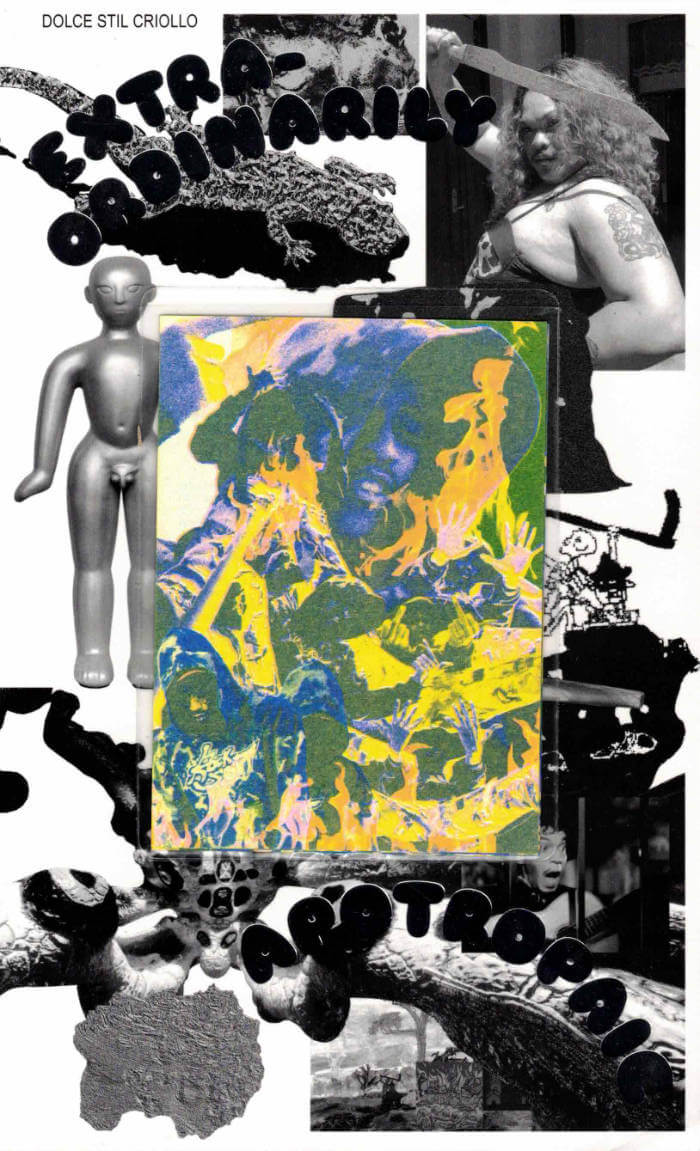
Fail Like Fire
Fail Like Fire is a carefully selected collection of twenty poems, written over the past HOWEVER MANY years, from Penny Goring’s intensely personal poetry archive.
Language: English

Fail Like Fire is a carefully selected collection of twenty poems, written over the past HOWEVER MANY years, from Penny Goring’s intensely personal poetry archive.
Language: English

What are our politics of refusal? Sleep? Catatonia? Hedonism? Transgression even? #hustle?
[Can refusal can be performed as resistance and not operate as preemptively fucked. . .]
Arcadia Missa Publications; Rózsa Farkas, Holly Childs, Leila Kozma, Tom Clark (eds)

Moulded from clay, between 2021 and 2023, The subtle rules the dense is a series of ceramic chest plates, by the artist Phoebe Collings-James. Inspired by Makonde and Yoruba body masks and Roman muscle cuirasses, the sculptures explore the interplay between ritualistic objects’ violent histories and their contemporary presentation as fetishistic ornaments. This publication brings together responses to the series from artists SERAFINE1369 and Rehana Zaman and geographer Professor Kathryn Yusoff; exploring layered references to tarot, Shakespeare and post-colonial theory; probing the materiality and extractive politics of geology; and reflecting the plural multifaceted nature of Collings-James’ practice.
A series by Phoebe Collings-James
With Texts by Serafine1369, Rehana Zaman, Kathryn Yussof.

CONSTANT VIOLINS is a hybrid book consisting of two parts, each comprised of two texts of sci-fi auto-fiction: ‘FӔTAL ATRACTUS’ & ‘COQUETTES’, ‘RATS LIVE ON NO EVIL STAR’ & ‘SOPH MOB’. CONSTANT VIOLINS follows mutating characters & contexts that grapple & contort in half-step with the logics of a vast labyrinth of psycho para-social references, playing out across a tête-bêche (or head-to-tail) format book. The myriad ‘worlds’ occupied & embodied narratively riff on the act of world-making in itself.
As an only child, I used to climb up onto my grandmother’s vanity & collapse the 3 way mirror over my head so I could bask in the calm of the many me’s preening inside its reflective continuum. Sometimes I would just lean against the looking glass above her bureau or pretend the wall was my simultaneous lover. No one wants to be alone. Under covers, I initiate the same sequences of experiments that virtually anyone does.
We all imagine what our pillows witness annually would baffle sane onlookers. That’s why we practice kissing on our dorsal carpal arches, peaches in the dead of night, or remove condoms from bananas with our teeth. CONSTANT VIOLINS wants what any book wants; to become a formidable power couple with its author like a Pokemon & its precocious Trainer.
Jordan/Martin Hell (b. 1993, USA) is a Black trans(2s) writer, artist, & scholar who attended Städelschule (DE) & Cooper Union School of Art. He is currently a PhD candidate at Queen Mary’s University of London. Hell’s work is interdisciplinary & interlaced with his writing as the seedbed for his various explorations across painting, sculpture, pedagogy, music, dance, etc. In all of his work Hell is invested in the embedded associations which proliferate in the global collective subconscious & how that frames intimate (& often violent) realities in the lives of individuals whether historical, celebrity, or obscure. Closely linked with his work is a spiritualist psychoanalytic practice which spans hypnosis, theology, philosophy, Black fugitivity, & indigenous somatics.

The book transcribes a body broken by American empire, that of ex-con Rafael Luis Estrada Requena, hacking itself away from contemporary society. Johanna Hedva, author of Sick Woman Theory, takes the ferocious compulsion to escape (from capitalism, from the limits of the body-machine, from Earth) and channels it into an evisceration of oppression and authority. Equal parts tender and brutal, romantic and furious, On Hell is a novel about myths that trick and resist totalitarianism.

How to Sleep Faster 2 is the second of our biannually published journals that form the backbone of Arcadia Missa’ critical collaborative discourse on participation, post-digital visual-production and institutional subjectivity.This issue explores moments of collapse, shift and potential in a cultural moment framed by economic, political and societal disturbance.
Arcadia Missa Publication; eds Rozsa Farkas, Tom Clark et al.

“This book is about damage and violence, about the ramifications of channeling intensity at all costs. It is a text that is utterly compelling, that you tumble into and cannot escape from. I fucking loved it.” — Dodie Bellamy

Bernadette Mayer, Rosemary Mayer
This collection of the correspondence between artist Rosemary Mayer (1943-2014) and poet Bernadette Mayer (born 1945) occurs between the years of 1976 and 1980, a period of rich creativity in New York's artistic avant-garde, and one which includes the development of major bodies of work by the two women.
Rosemary Mayer was creating sculptures, watercolors, books and temporary monuments from weather balloons and snow, while Bernadette Mayer was working on some of her best-known publications, including the book-length poem Midwinter Day and the poetry collection The Golden Book of Words.
Spanning the worlds of Conceptual art, Postminimalism, feminism, the New York School, Language poetry and more, these letters elucidate the bonds of sisterhood through intimate exchanges about art, relationships and everyday life.

Dolce Stil Criollo’s fifth issue, "Extraordinarily Apotropaic," aims to rethink reality in its current ordinary form by discovering and creating charms and rituals for changing it into one where there is less harm. The issue features poems in multiple languages; a map of dreams; a video game-turned-manga; a section that functions as a kineograph; a collaboration with the Huni Kuin people; and more. We also curated a collective project, “Cinema of Hope,” which brings together 11 moving image artists in search of the apotropaic moment, caught on film.
The cover of our fifth issue features one of five “santinho” inserts. Designed like prayer cards, they contain a collaged portrait of a musical artist (Pivaratu, Pivete Nobre, Iya, Swatch, Devil Gremory) on the recto and the rap lyrics they wrote in response to our theme on the verso.
Contributors include Andrés-Monzón Aguirre, Aykan Safoğlu, Azul Caballero Adams, Belinda Zhawi, Daniel Machado, Daniel Moura, Devil Gremory, Enorê, Esvin Alarcón Lam, Gabriel Massan, Hick Duarte, Itamar Alves, Iya, Jennifer Pérez, Jesse Cohen, Johan Mijail, Juan Pablo Villegas, Kasra Jallilipour, Kent Chan, Keratuma (Mileidy Domicó), Laura Huertas Millán, Lucía Melií, Lucía Reissig & Bernardo Zabalaga, Maria Thereza Alves, Masha Godovannaya, Mayada Ibrahim, Najlaa Eltom, NIna Djekić, Ophelia S. Chan, Pivaratu, Pivete Nobre, Ricardo Pinheiro (Ganso), Roberto Tejada, Sofía Córdova, Sofía Gallisá Muriente, Swatch, Thales Pessoa, and Thiago Martins de Melo.
Languages: Spanish, Portuguese, English, Japanese and Arabic